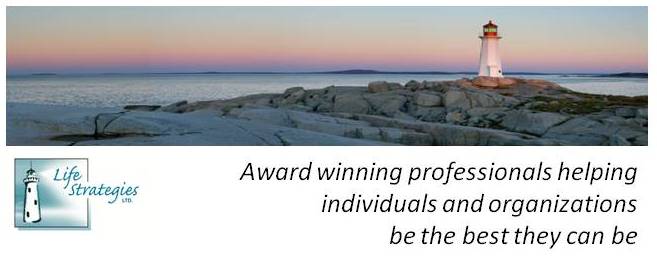So how optimistic are you? In a recent Life Strategies’ survey, 65% of
respondents considered themselves optimists whereas only 2% of respondents
considered themselves pessimists (i.e., having a systematic tendency to expect
the worst possible outcomes). The remaining 33% saw themselves as realists
(i.e., having a systematic tendency to expect the most likely outcome).
 Those who identified as optimists preferred to see the positive in
life, embracing change and uncertainty. Many noted positive expectations have
lead to positive outcomes – consider the self-fulfilling prophecy where
individuals will succeed because they believe they can.
Those who identified as optimists preferred to see the positive in
life, embracing change and uncertainty. Many noted positive expectations have
lead to positive outcomes – consider the self-fulfilling prophecy where
individuals will succeed because they believe they can.
Although only a few respondents identified as pessimists, reasons
included focusing on the negative side, overanalyzing situations, and
self-protection. Some of our pessimistic respondents realized this viewpoint
was problematic; however, felt it was hard to change.
Some reasons why respondents identified as “realists” were a preference
for logic and objectiveness, as well as a distaste for concepts such as destiny
and luck. Realists saw this as a safer, middle-of-the-road choice; it’s a bit
of both (i.e., not overly pessimistic or blindly optimistic). They also
reflected on past experiences that have tainted their views of optimism, seeing
realism as necessary to mediate both the good and the bad that life throws at
them.
Respondents also highlighted strategies they use to stay optimistic in
difficult times. Responses included:
- Connecting with friends and family
- Avoiding negative people
- Engaging in positive self-talk
- Adopting a more solution-focused mind frame
- Setting priorities and goals
- Maintaining a balanced and healthy lifestyle (e.g., getting enough sleep, eating well, enjoying hobbies/activities)
- Getting outside and being active
- Using relaxation meditation techniques
- Appreciating what you’ve got
- Recognizing things could be worse
- Relying on one’s faith
- Reframing negative experiences
- Focussing on the learning
- Reaching out for help when necessary




